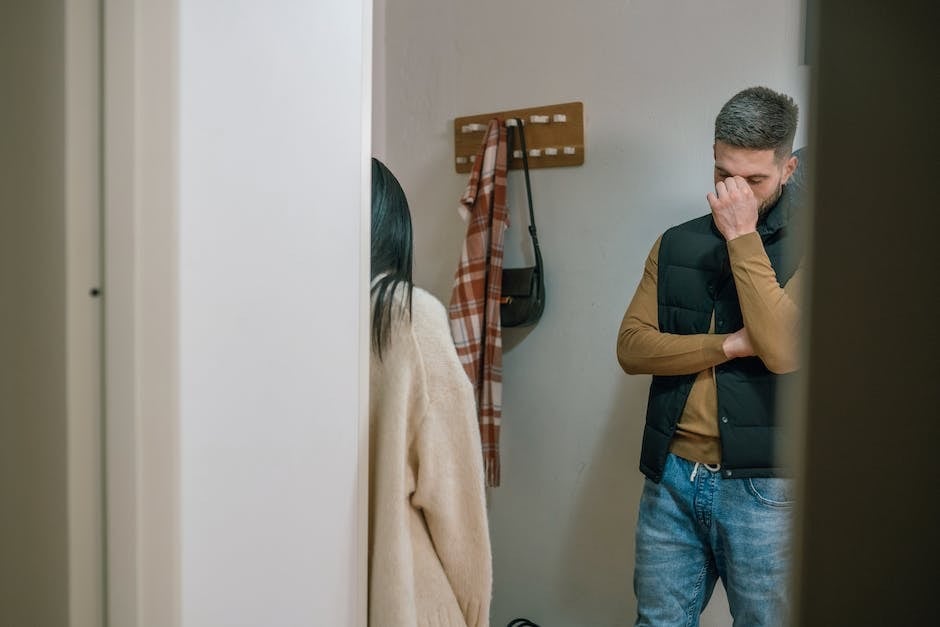Identifying a Toxic Relationship
In addiction recovery, people begin to learn about the importance of self-awareness for healing. As self-awareness increases in treatment, a person will be able to better recognize factors that could potentially hinder their ability to achieve and sustain sobriety. Nevertheless, there are many potentially harmful circumstances that can be challenging to identify and, more importantly, change. One such circumstance Is identifying and changing a toxic relationship.
Grace Recovery offers a plethora of resources for women in recovery from addiction, trauma, and other mental health disorders. When learning to navigate toxic relationships in recovery, our transitional living homes can provide a safe and predictable space, free from relational or substance-use triggers. Additionally, we also offer case management, experiential recovery coaching, and more resources to help women reclaim fulfilling and joyful lives in sobriety.
The Role of Social Support in Recovery
When a person is actively using alcohol or other drugs, they tend to alter their lifestyle to fit their substance use. A common example of this involves spending copious amounts of time with other individuals who use substances. An individual’s friends and peer groups ultimately change as a result of addiction.
However, when a person is ready for change, they must weigh out the pros and cons of remaining in close proximity with others who are not ready for change. Especially in early recovery, individuals must evaluate their social support to determine what will benefit their healing.
Nevertheless, if someone lacks social support as they enter recovery, they may not have the motivation to achieve or sustain sobriety. An article published In the journal Substance Abuse: Research and Treatment explains, “Spouses, family members, peers, and neighborhood factors have been shown to play key roles in both an individual’s addiction and also in his or her recovery.” The article also highlights that healthy social support from loved ones can facilitate treatment entry and treatment engagement for those with substance use disorder (SUD). In other words, healthy social support is a necessary component of lasting recovery from SUD.
Understanding Healthy vs Unhealthy Social Support
It is important for individuals to understand that interpersonal relationships are often not enough on their own to produce effective social support. For a relationship to provide effective social support, both parties must place the health and well-being of the other party at the forefront of their minds.
Even then, many circumstances can interfere with an individual’s ability to provide healthy social support. For example, those with severe mental health illnesses and chronic stress may be ill-equipped to provide adequate social support to a loved one in early recovery.
Another article from Substance Abuse: Research and Treatment states, “[T]o reach and maintain abstinence, it is important to maintain positive relationships and to engage self-agency to protect oneself from the influences of negative relationships.” More specifically, a toxic relationship can make or break an individual’s ability to recover. Therefore, individuals in recovery must evaluate their interpersonal relationships to determine which relationships are healthy or harmful to their sobriety.
Youth.gov identifies characteristics of both healthy and unhealthy relationships, noting the following characteristics of a healthy relationship.
Characteristics of a Healthy Relationship
A key characteristic of a healthy relationship is mutual respect. Specific elements of healthy relationships include:
- Trust
- Honesty
- Compromise
- Individuality
- Good communication
- Anger control
- Fighting fair
- Problem-solving
- Understanding
- Self-confidence
- Being a role model
Characteristics of an Unhealthy or Toxic Relationship
A key characteristic of an unhealthy relationship, or a toxic relationship, is disrespect. The main difference between unhealthy and toxic relationships is that, in some cases, unhealthy relationships can become healthy. Specific elements of unhealthy relationships include:
- Control
- Hostility
- Dishonesty
- Disrespect
- Dependence
- Intimidation
- Physical violence
Additional Warning Signs of a Toxic Relationship
In addition to the characteristics above, some warning signs of a potentially toxic relationship in recovery include:
- Feeling powerless in the relationship
- Experiencing physical or verbal abuse
- Being the receiver of narcissistic qualities
- Feeling less than whole in the relationship
- Being lied to or having to cover for another person in the relationship
The Dangers of Remaining in a Toxic Relationship in Recovery
It is not uncommon for individuals to recognize their unhealthy relationships yet avoid addressing them. This is due to the complexities that may arise from doing so. However, staying involved with an unhealthy or toxic relationship in recovery can be extremely problematic for an individual’s recovery.
Regardless of whether a toxic relationship is intimate or platonic, such a relationship can inevitably interfere with a person’s willingness and motivation to recover. Further, a person may develop worsening symptoms of fear, anxiety, and other mental disturbances as a result of a toxic relationship, despite their attempt to heal from these symptoms. It is also vital to point out that being in a toxic relationship with someone can directly affect a person’s living environment, which must be safe and supportive to establish effective sobriety and recovery.
Setting Boundaries and Prioritizing Recovery
Effective recovery from addiction requires individuals to reclaim a sense of power and autonomy over their lives. One of the many ways that individuals can learn to do this is by setting boundaries in their interpersonal relationships to best prioritize their recoveries. If personal boundaries are not honored in recovery, it can be a sign that a relationship is toxic and must be addressed.
Setting boundaries requires an individual to reflect on personal circumstances and concerns that have caused emotional distress or conflict in the past. Everyone’s interpersonal boundaries will differ and be unique to them. What matters is that these boundaries are discussed upfront with the other party and that such boundaries are properly upheld by both parties to ensure a healthy relationship in recovery.
Examples of interpersonal boundaries in recovery include:
- Cutting ties with any relationship that inflicts physical harm or abuse.
- Seeking space from people who use judgmental or depreciating language.
- Embracing and prioritizing mutually supportive relationships for as long as they last.
A toxic relationship can cause stress, anxiety, and mental clutter, which can all interfere with your ability to effectively recover from substance use disorder (SUD). Evaluating interpersonal relationships is an important step in the healing process. Fortunately, Grace Recovery offers a variety of services for women needing additional assistance in the recovery process. We provide transitional living homes for women needing refuge from unsafe or otherwise triggering environments. Additionally, we offer case management, recovery coaching, and various opportunities for clients to build life skills necessary for sustaining sobriety long-term. We are passionate about helping women create successful and fulfilling lives, free from substance abuse. To learn more, call us today at (737) 237-9663.




